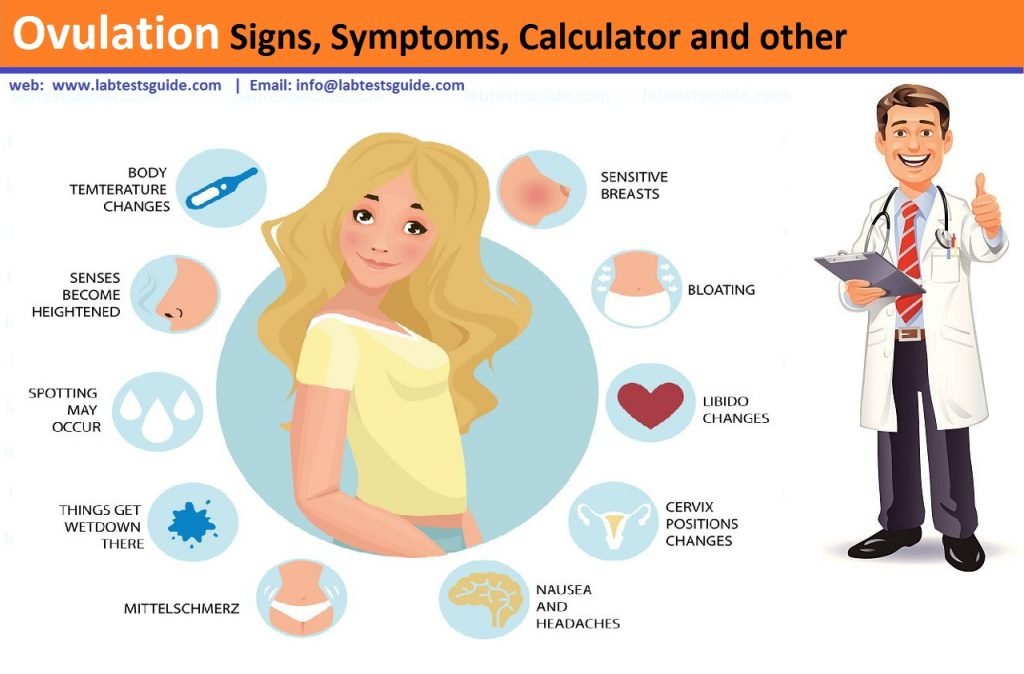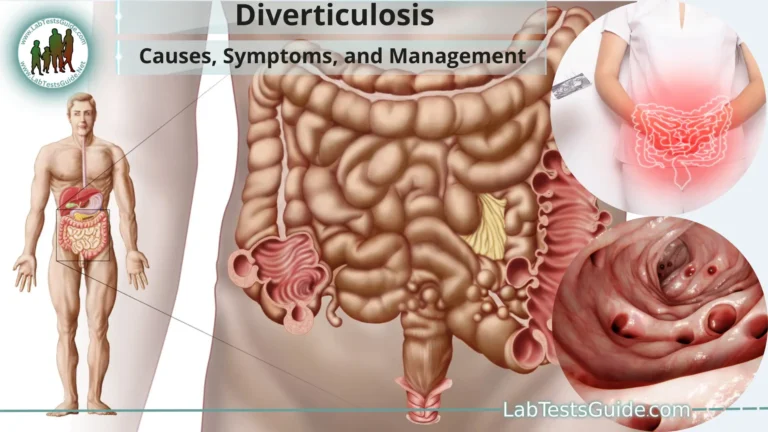What is ovulation?
Ovulation is the release of a mature egg from one of the ovaries, which happens every month. A woman is most fertile around the time of ovulation.

Ovulation Signs and Symptoms
Here are the seven main signs of ovulation that you should be on the lookout for:
- Your basal body temperature falls slightly, then rises again.
- Your cervical mucus becomes clearer and thinner with a more slippery consistency similar to that of egg whites.
- Your cervix softens and opens up.
- Breast soreness or tenderness.
- Heightened sense of smell.
- You may feel a slight twinge of pain or mild cramps in your lower abdomen.
- Your sex drive may increase.
- You may notice some light spotting.
- Your vulva or vagina may appear swollen.
Ovulation Cycle
Bear in mind that ovulation doesn’t always occur on the same day within your monthly menstrual cycle. The first day of your period is referred to as cycle day one. The second day of your period is referred to as cycle day two and so on for the next several weeks.
Women with the average 28-days in a cycle usually ovulate on or around Cycle Day 14. The numbering of cycle days starts over if a pregnancy does not begin, and the woman starts her period.
Cycle days do not necessarily coincide with how many days are in any given month. Some months of the year have 28 days, some have 29, 30, or 31. So your fertile window might be off by one or two days every month. Even so, if you have a general idea of when you’re expected to ovulate, you can plan intercourse accordingly.
Age and Ovulation
It’s important to note that ovulation can change with age. It’s not uncommon for some women to experience ovulation and fertility problems as they approach their late 30s and early 40s. This is because the quality and quantity of eggs decreases with age and ovulation can become irregular.
Fertility typically begins to decline after the age of 35. This makes it harder for some women to conceive. Different conditions can affect fertility, such as endometriosis, uterine fibroids, and pelvic inflammatory disease. But although it might be harder to get pregnant after a certain age, it may not be impossible. The key is treating the underlying cause of fertility. Make an appointment with your doctor if you suspect fertility issues.
Tips of Pregnancy
Possible References Used



